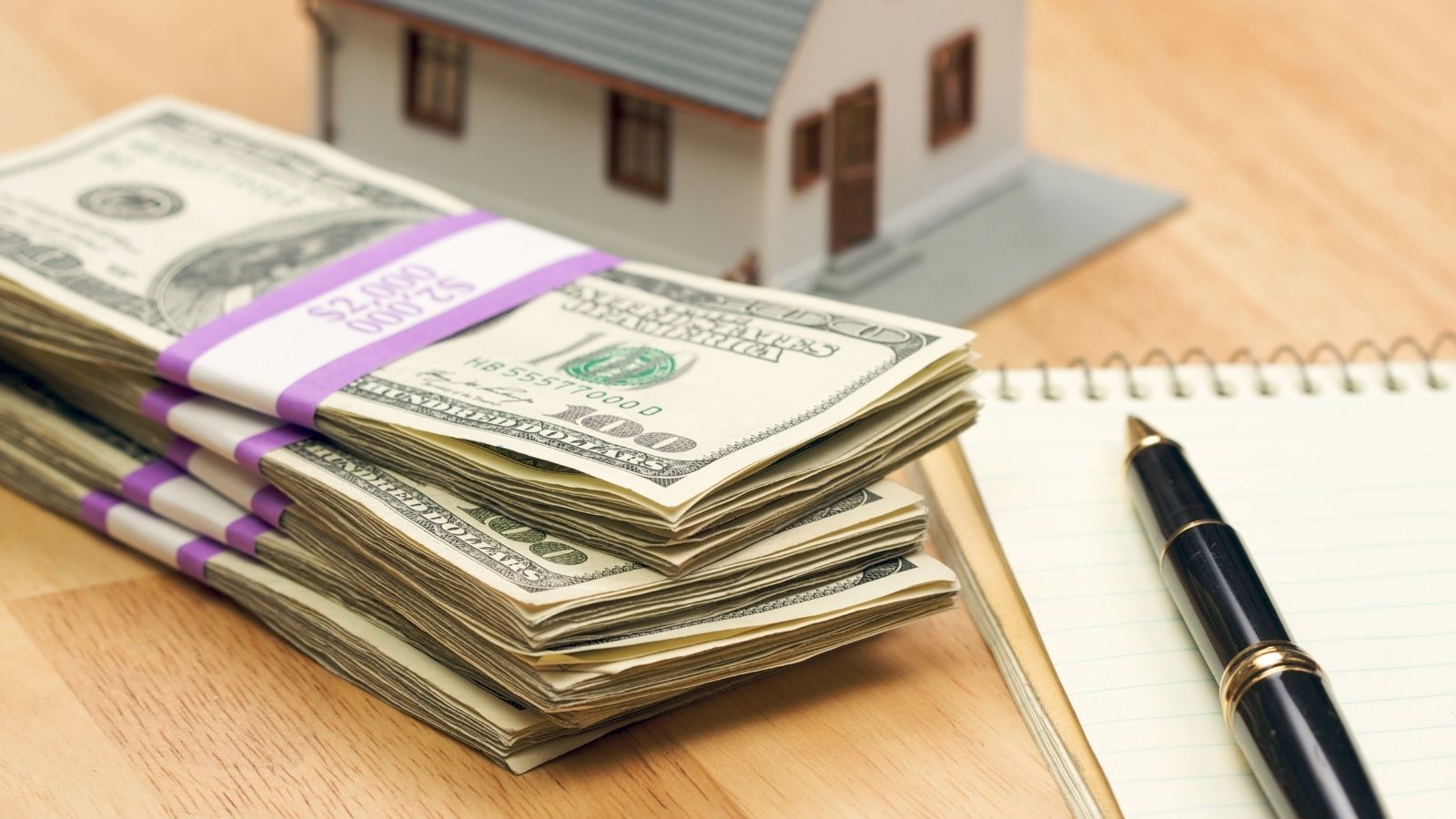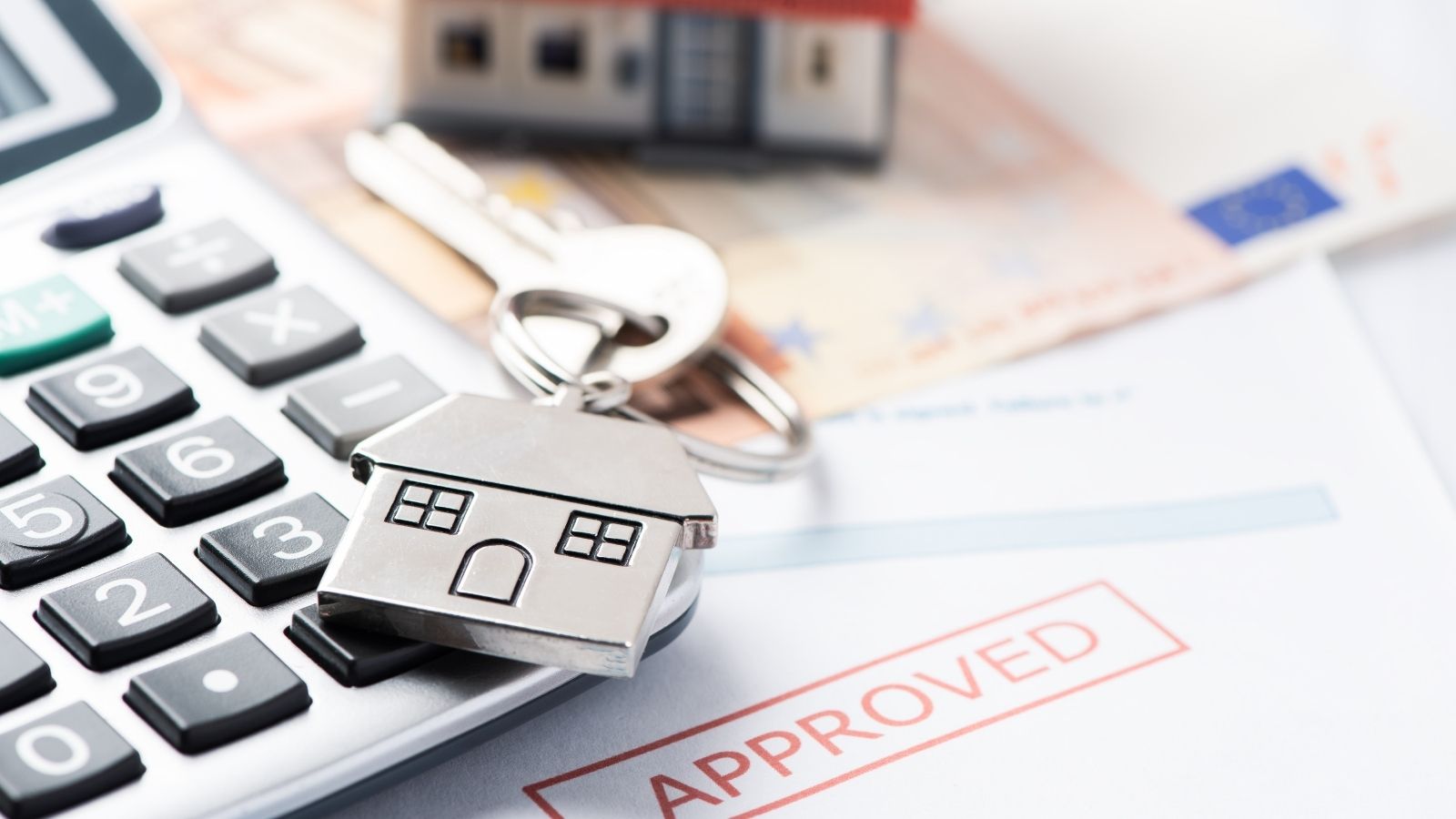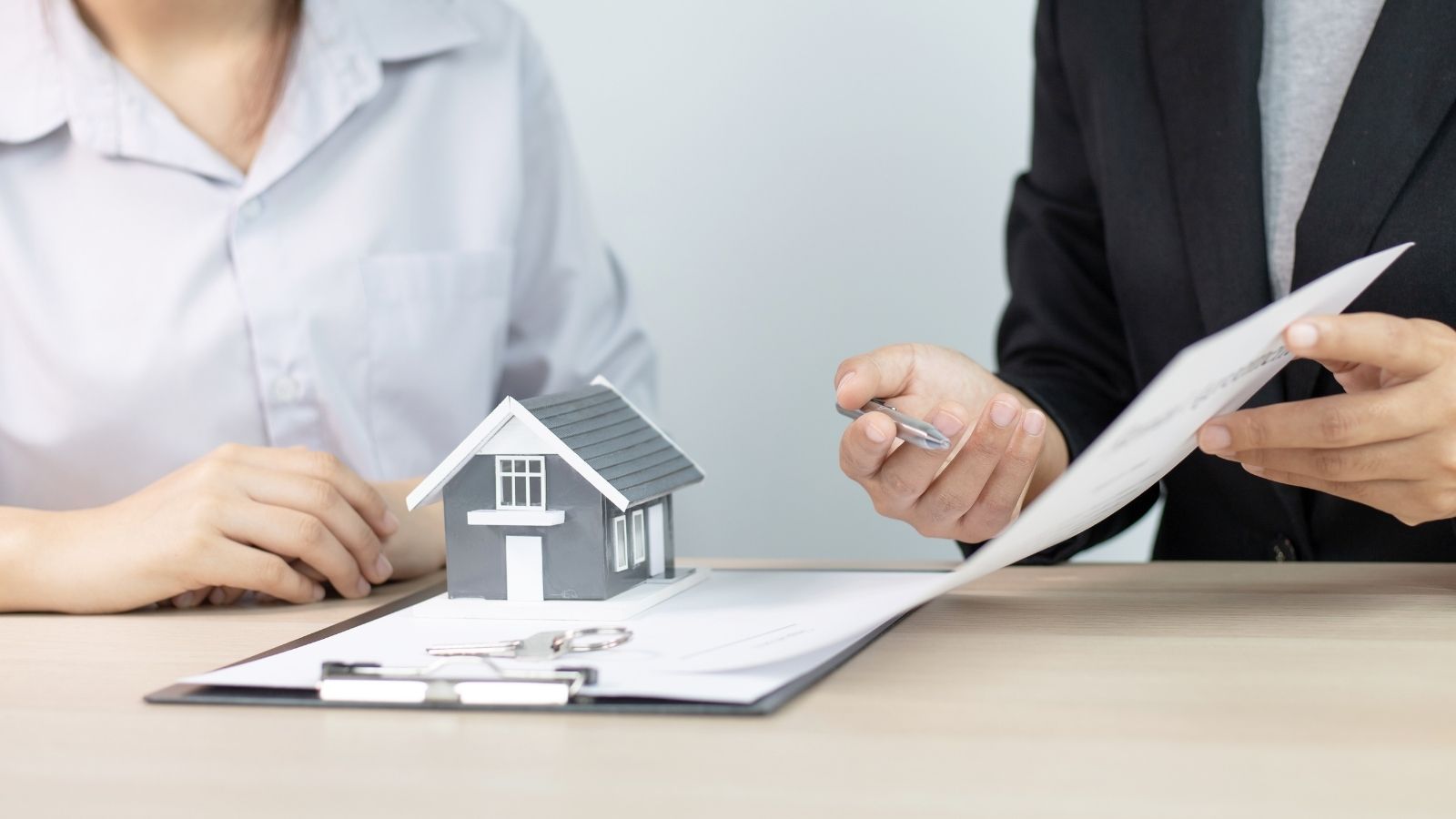Are you gearing up to buy your first house? It can be an exciting – and nerve-wracking – process. If you’re like most people, buying your first house is a huge milestone. It’s likely the largest purchase you’ll ever make in your life, and it can be a little daunting if you’re not sure where to start. Luckily, there are a few simple steps that will help make the process easier and less stressful. Here are six essential steps to buying your first house.
Money
To buy a house with a conventional home mortgage, you’ll need an estimated 20 percent down payment. If you’re buying a $400,000 house, that’s $80,000 in cash. There are other loan types available that can ease that burden for you if you qualify, such as an FHA loan, VA loan, or USDA loan. Talk with your lender to learn more.
You’ll also need an earnest money deposit of between one and three percent to submit along with your offer to the seller. Estimating at two percent on a $400,000 house, your earnest money deposit would be $8,000.00.
Additionally, you’ll have buyer closing costs, which are the collective fees you’re charged throughout your transaction for things such as lender fees, appraisal, inspection, property taxes, homeowners insurance, and more.

Rather than pay each expense individually, they’re held until closing day, and you pay them in cash. Typically, closing costs are between two and six percent of your loan amount. That means your closing costs on a $400,000 property, if estimated at four percent, would be $16,000.
With the down payment, earnest money deposit, and closing costs, your total expenses would be $104,000, cash out-of-pocket.
Don’t forget moving expenses such as packing supplies, movers, moving trucks, utility deposits, and other costs. Set some money aside, too, for your basic household needs like trash cans, bath towels, window coverings, and other essentials.
It’s also a great idea to have an emergency fund set aside to cover unexpected expenses and repairs.
Numbers
Before you start seriously shopping for your new home, it’s a good idea to check on your credit, which is one of the first things a lender will look at when you apply for your mortgage. If your score isn’t where it needs to be, which is 620 or higher, or if errors are found, now is the time to fix them.
Your debt-to-income ratio is another crucial factor in securing financing to purchase a property. Your DTI shows lenders how much money goes out in monthly expenses, including things like rent or mortgages, car payments, child support payments, alimony, taxes, insurance premiums, groceries, fuel, medical bills, and the like.
The higher your DTI, the more likely you are to be deemed a risky borrower. It should be 36 percent or lower; no higher than 47 percent.
Pre-Approval
One of the first steps you’ll take in your home-buying journey is securing pre-approval for a mortgage. This looks good to sellers and gives you an advantage over other buyers who seek out properties, so it’s likely to put you ahead of the competition.

A pre-approval letter gives you a clearer idea of how much house you can afford and what loan terms you’ll qualify for.
Your Real Estate Agent
The best possible way to get a good deal on your home is through an experienced real estate agent who knows the market and can find you a property that meets your needs.
Your agent might be able to find ways for you to land a bargain so you can stretch your budget, help you spot red flags in property listings, and answer any questions you have along the way.
House-Hunting, Offers, and Negotiations
Once you have a pre-approved mortgage and you know how much house you can afford, you’re ready to start searching for your new home. Your real estate agent will guide you through the process of looking at properties that interest you and offer advice about what could work best for your needs.

When you find the right house, your agent will help you create a compelling offer and will negotiate for you until you and the seller agree on terms.
It’s important to remember that just because you put in an offer, even if it’s at the asking price, doesn’t mean the seller will accept it. Try not to emotionally attach to any single property until after the appraisal and inspection, just in case things fall through.
The Closing Process
Once the home seller accepts your offer, you’ll have a few weeks to take care of what’s called “closing.” The closing process in real estate will vary depending on where you live and who your lender is, so be sure to work with an agent who can walk you through the details. This is the period when clerical work, such as the title check, is performed. It’s also when the appraisal and inspection are done while your loan is being processed.
On the day of closing, you’ll sign all of the remaining documents, pay your closing costs, and collect the keys to your new home.
Conclusion
Take your time and stay calm when you’re looking for the home of your dreams. Don’t feel rushed into making a decision or committing to anything before you’ve had time to think about it and understand what you’re getting into.
Buying a house can be expensive, and most won’t qualify for a mortgage until their credit is in good standing and they have saved enough money for closing costs and down payment.

It’s important to find an experienced agent who will work with you, answer all of your questions, and keep you updated on what to expect through each step.
For more information about the steps to buying your first home, reach out to your local professional real estate agent today.

